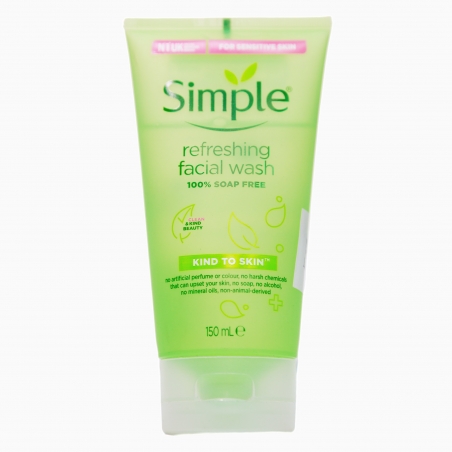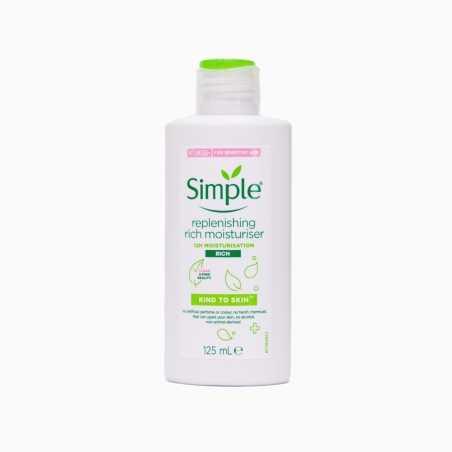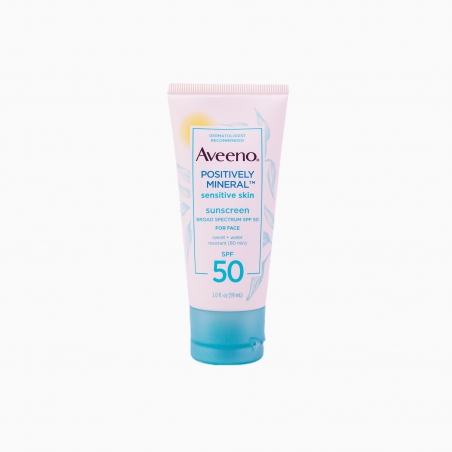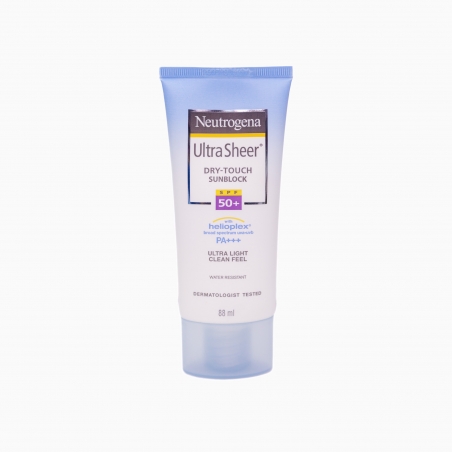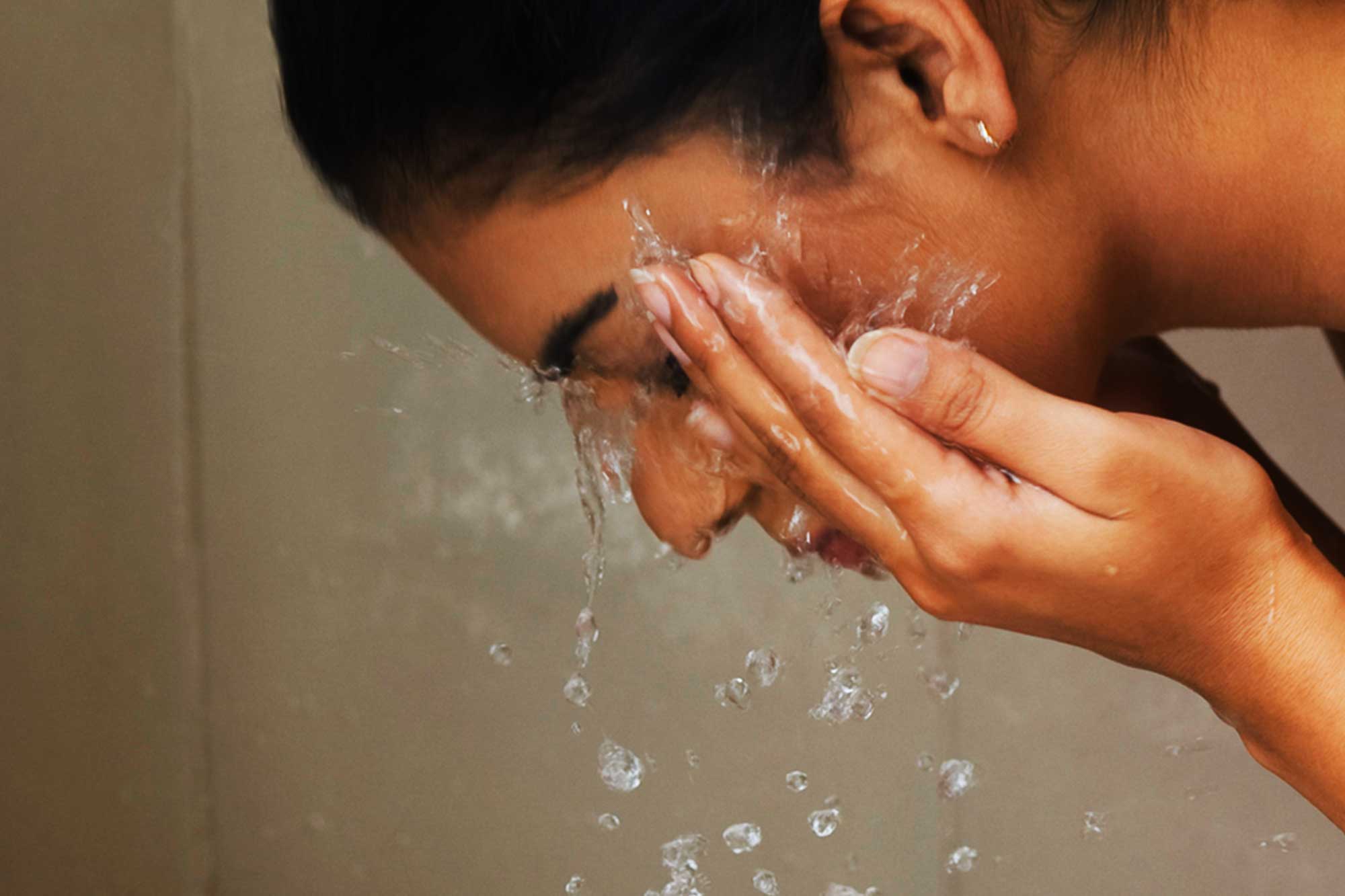
If you are healthy enough to fast for the month of Ramadan then you should prepare to take extra care of your skin. Not having enough water, disturbed sleep, stress and not consuming the necessary food groups can impact the health of your skin. We hope this guide will help you with your skin healing along with your soul healing this Ramadan.
Let’s face it, we women don’t have life easy as it is, and the month of Ramadan really tests our ability to cope with all the burden that comes with being a woman. Skin care is particularly puzzling for us because of all the hormones that affect our body. However, the holy month of Ramadan is a chance to cleanse and detox, if you can manage it.
Drink Enough Water for Your Skin
Dehydration can cause dryness, fine lines, wrinkles and sagging on your skin. Make sure you consume enough water from iftar to sahur. How much water do you need though? The general rule is that you should consume 1.5 – 2 liter of water each day. You can also calculate the exact amount with this formula: Weight (Kg) x 0.033. So if your weight is 55kg, then you’ll need to drink about 1.8 liters per day (55x.033=1.8).
Avoid or Limit Eating Fried Foods and Sugary Drinks
You’re probably shaking your head because fried foods are what we look forward to during iftar. Here is the problem though: Consistent consumption of fried foods causes damage to the cellular structure of the dermis and epidermis of your skin, and this leads to sallow, aged skin and more cystic acne. You may not see these effects initially, but the consistency with which we eat fried food during Ramadan is not good for our skin and the unwanted effects creep in slowly weeks after. You are better off saving your appetite for a more wholesome meal that consists of eggs, fish, vegetables, etc. Stay away from sugar and sugary drinks as they are one of the biggest enemies of your skin. If they are eaten before your fasting, they will make you feel hungrier sooner as well.
Get Plenty Of Sleep
Having enough sleep is important for your overall health. Lack of sleep can add to your stress, which affects your skin as well. As your sleep gets disturbed when you wake up to eat before sunrise, try to arrange your sleeping pattern so it can help you with getting enough sleep without the disruption. A healthy sleeping pattern is key to glowing skin.
Use Less or No Makeup
You should avoid makeup during the month of Ramadan whenever possible. Makeup clogs pores. During this month you need to let your skin breathe. Lack of hydration during the day makes skin more vulnerable to various skin problems. If you need to and typically wear heavy makeup, go lighter, especially around the eyes because the skin in that area is thinner, thus has less defense against harmful effects.
Choose a Rich Cleanser and Moisturizer
You should be cleansing and moisturizing your skin daily anyway. Use a gel-based cleanser because it penetrates deep into your pores. Give your skin an extra hydration boost by using a rich moisturizer. The right moisturizer for your skin type will penetrate deeper into your skin, offering better hydration. Even if you have oily skin, you still need to use moisturizer, but one that is suitable for your skin type.
Protect Your Skin from Sun Damage
While fasting, your skin is very defenseless. While your skin cells get dehydrated, they are more prone to burns. Use a 30-50 SPF broad spectrum sunscreen to protect it from sun damage.

